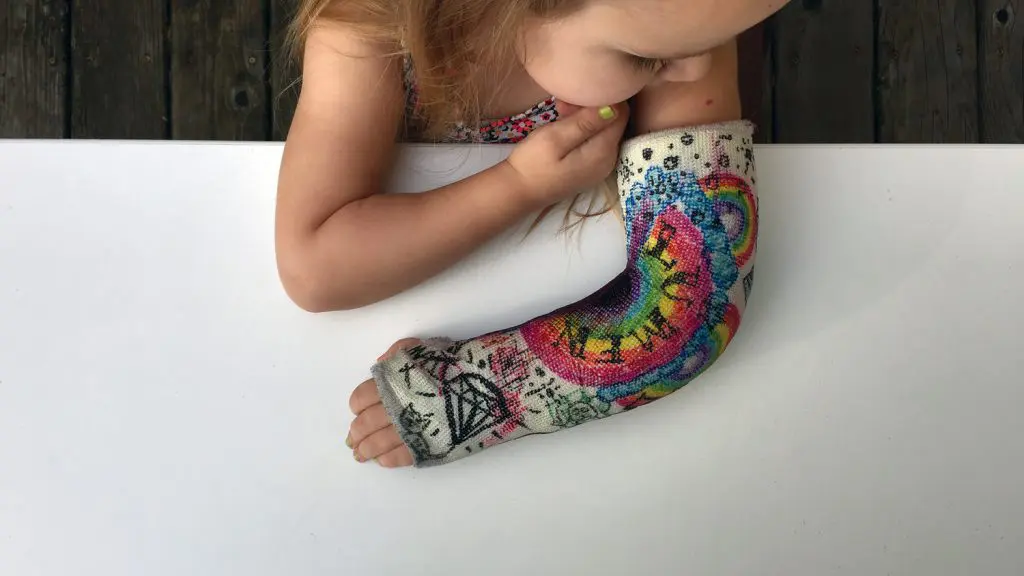Indian scientists have developed a technique to recycle waste plaster from hospitals and other medical centres in a more economical way.
The new recycling method is ‘simple and non-toxic’, according to specialists at Pune’s National Chemical Laboratory and Mumbai’s Institute of Chemical Technology. The process disinfects the plaster waste and converts it into useful products such as ammonium sulphate – all at room temperature. This serves the manufacture of, for example, fire-extinguishing powder and nitrogen fertiliser. Meanwhile, the calcium carbonate output may benefit steel production.
Plaster of Paris (PoP) is considered a hazardous waste, so it is typically incinerated. The medical plaster is predominantly used for setting broken or fractured bones or for making casts in dentistry. As a result, the waste contains bacteria and needs disinfecting.
There is now a ‘green alternative’ to simply burning the material, reports project supervisor Dr Mahesh Dharne. He explains: ‘The 20% solution of ammonium bicarbonate also exhibits antibacterial and antifungal property. It could kill 99.9% microbes present in PoP waste samples within three hours.’
Dharne says the solution also degrades bio-films formed on plaster. ‘This method can prove helpful in villages and remote areas where biomedical waste disposal facilities are not available.’
Results of the study have been published in the International Journal of Environmental Science and Technology.

Don't hesitate to contact us to share your input and ideas. Subscribe to the magazine or (free) newsletter.



